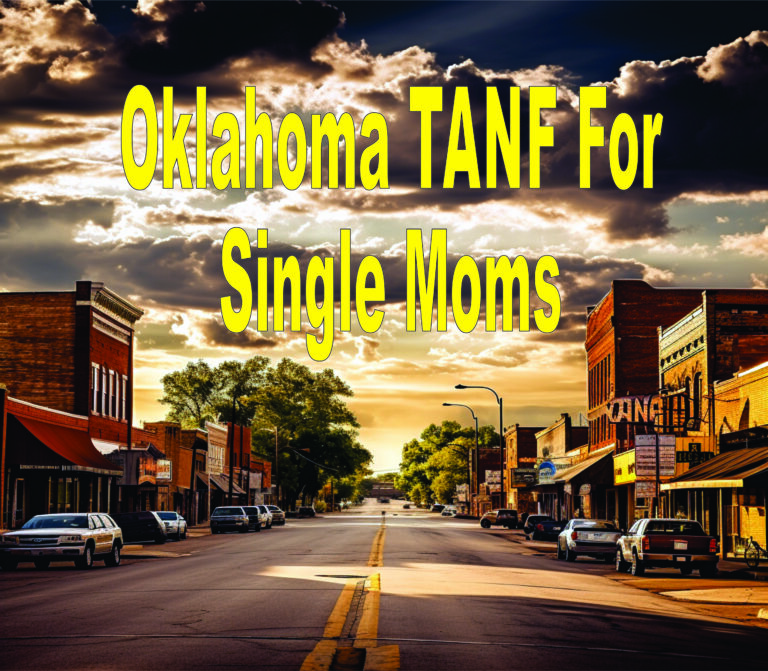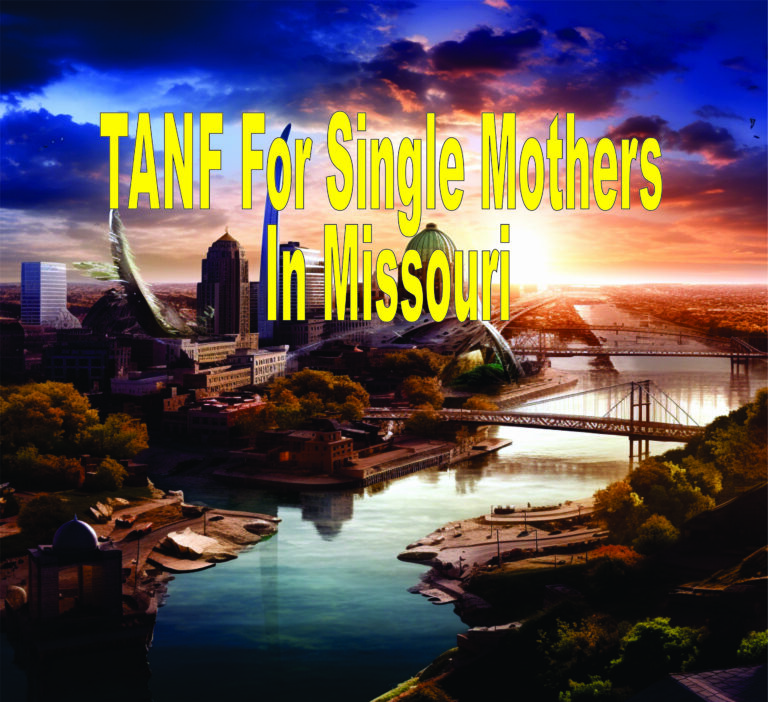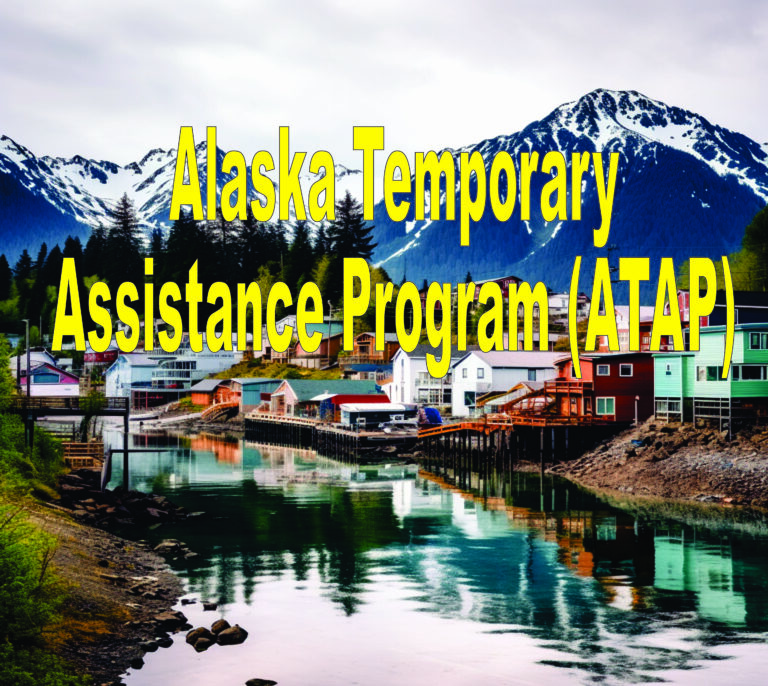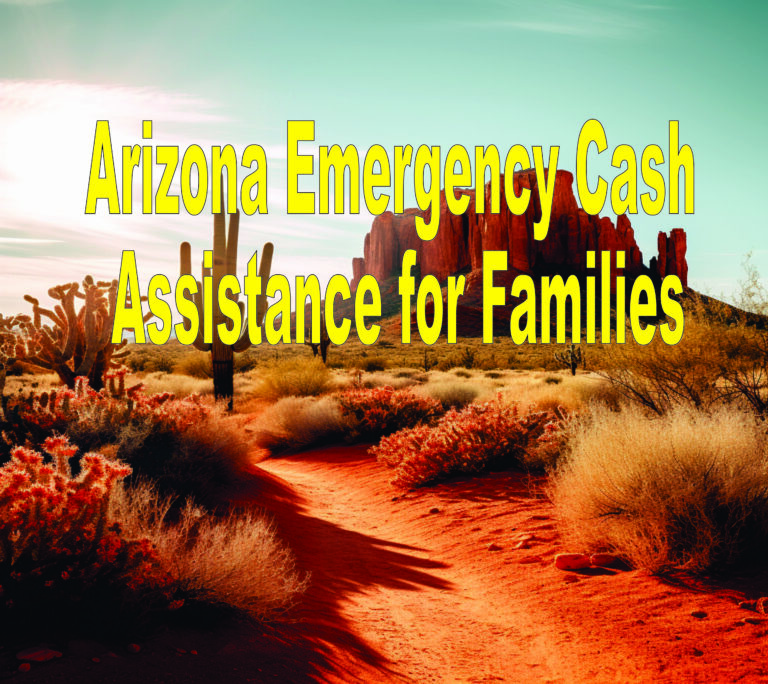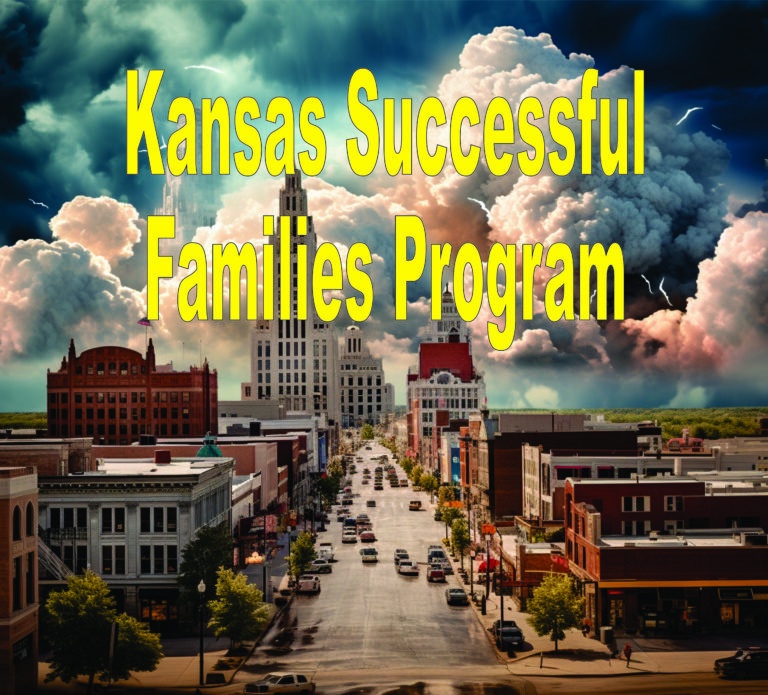What Single Moms Should Know about EBT Application in Hawaii?
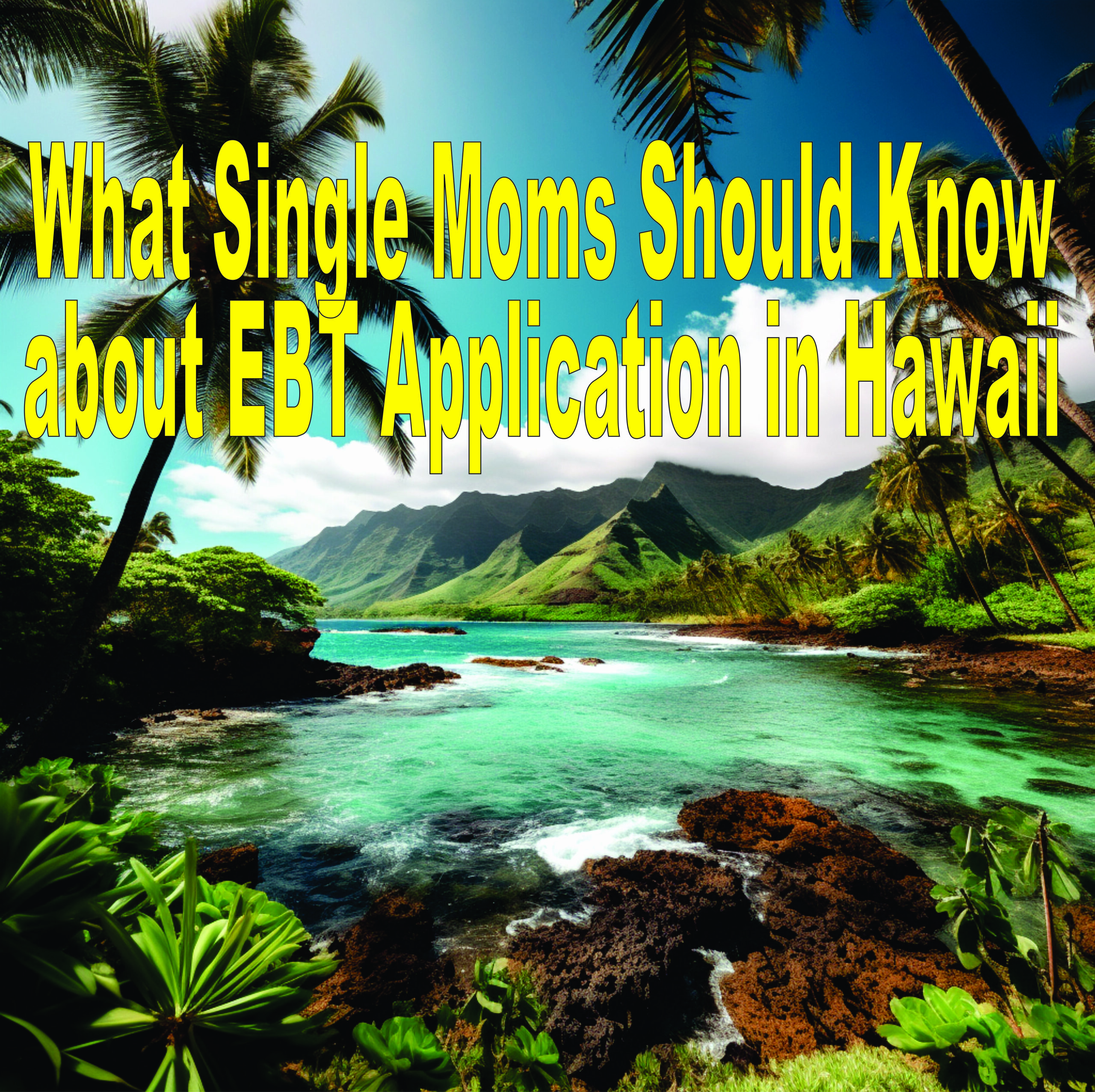
Last Updated on May 23, 2024 by Kathy
Even though EBT is well-known for its benefits in supporting the lives of many people, the rules for eligibility for food stamps are complicated and change frequently. Although this article can be a great starting point, the best way to determine if you are eligible for food stamps would be to apply. So, what should you know about EBT application in Hawaii?
EBT Application in Hawaii: Are you eligible for food stamps?
Hawaii will need to know the following information in order to determine if you are eligible for food stamps:
- Household size – How many people live with you and make food.
- Income – How much your household earns. This includes earned income (money you earn from work) and unearned income such as cash assistance, Social Security and unemployment insurance, child support, and so on. ).
Who counts as a household member?
Everyone you buy/make food with is a member of your household and these are the following:
- Children under 22 years old count as household members even if they make or buy their own food.
- If you make/buy food together, elderly (60+) or disabled people count as household members. They do not count if they live with you, but they buy/make food for themselves.
However, it is possible to live with others who are not considered household members. For example, tenants who rent a room or adult children over 22 who make their own food.
Other questions about EBT Application in Hawaii
Can I get food stamps if I’m unemployed?
Yes, provided you don’t quit your job or reduce your hours so you can qualify. If you don’t work or work less than 30 hours per week, you may be required to participate in an employment-training program. However, there are exceptions.
Can I get food stamps if I am convicted of a drug crime?
Yes, you may still be eligible for SNAP. To find out more, call your local office or Hawaii SNAP hotline at 1-855-643-1643. To apply, visit the Human Services page.
Can I get food stamps if I am not a citizen?
Non-citizens are eligible without waiting period
- Qualified children from other countries under 18 years of age
- Section 207 of the INA allows refugees to be admitted (which includes victims of serious forms of trafficking).
- Victims of Trafficking Under the Trafficking Victims Protection Act of 2000
- Asylees in Section 208 of Immigration and Nationality Act (INA).
- Withheld deportation under 243(h), 241(b),(3) of INA
- Amerasian immigrants who are not covered by the Foreign Operations, Export Financing and Related Programs Appropriations Act (Act 584)
- Cuban and Haitian refugees as defined by 501(e), Refugee Education Assistance Act of 80
- Special immigrants for Iraqi and Afghan nationals under Section 101(a),(27) of INA
- Certain American Indians were born abroad
- Hmong and Highland Laotian tribal members legally living in the U.S. who helped the U.S. military during Vietnam, as well as their spouses or surviving spouses, and unmarried dependent kids
- Senior citizens who were born before August 22nd 1931 or earlier and who legally resided in the U.S.A on August 22nd 1996
- Lawful permanent residents in the U.S., who receive government payments for blindness or disability.
- Lawful permanent residents with a military connection (veteran or on active duty or spouse or child of a veteran, active duty service member, or vet)
After a waiting period, qualified aliens are eligible
Qualified alien is a non-citizen who has a specific immigration status as defined by the Personal Responsibility and Work Opportunity Recovery Act (PRWORA).
- An LPR (Lawful Permanent Resident) is someone who has worked 40 quarters or more.
- Are you an alien from one of these groups and have been in qualified status for five years?
- Under section 212(d),(5) of the INA, you can be paroled for at most one year
- Conditional entry granted under 203(a),(7) of the INA prior to April 1, 1980
- Petition pending under 204 (a)(1)(A), (B) and 244(a/(3) of INA for a spouse, child, or parent.
Are food stamps available for homeless people?
Yes. To apply for food stamps, you don’t need to have a physical address or live in a house. You can still apply for food stamps if you currently live in a shelter providing free meals.
EBT Application for Pregnant Women or New Parents in Hawaii
Your household size will grow once your child is born. You will receive more benefits if you have more household members. You can’t receive more food stamps while you’re pregnant, but you can apply to Women, Infants, & Children (WIC) benefits. WIC offers food and resources to pregnant women and new parents as well as children up to five years of age.
Are You Eligible for WIC?
This overview will give you an idea of WIC eligibility. However, applying for WIC is the best way to determine if your application is eligible. There are four types of WIC eligibility:
Categorical
You must be a mother, child or have custody of a baby. If you are breastfeeding, moms must be at least six months pregnant. Children can be eligible until their fifth birthday. Foster parents, guardians, and single fathers with custody of their children are eligible as well.
Residential
You must be a resident of the state in which you are applying.
Nutritional
An assessment by a health professional is required to determine whether you are at “nutrition-risk.” A WIC clinic can refer you to a qualified health professional at no cost.
Financial
To be eligible for WIC, your household must earn less than the income limit. One pregnant woman is considered to be one household member. If you have more than one child, you can count them all as household members. You are automatically eligible for WIC if you receive food stamps (SNAP), Medicaid, or cash assistance (TANF).



